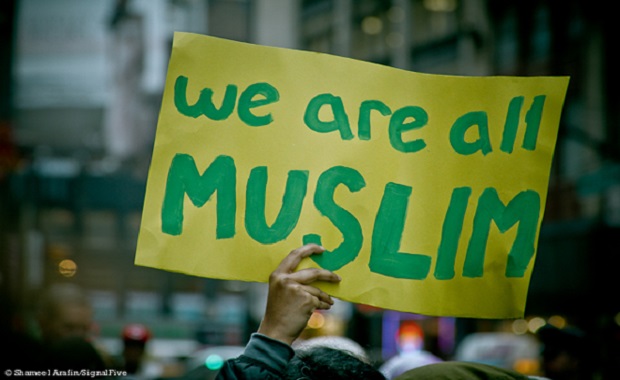
A few months back, our team published a post that defined the widely used term, “woke.” While the term certainly isn’t new, it has become more “mainstream.” Perhaps, our current socio-political climate, persistent social inequities, coupled with the rise in resistance and activism, have a lot to do with this.
For those of you who are unfamiliar with the term, here is a quick recap on what being “woke” means:
“Woke,” while on the surface, appears to be the grammatically incorrect, past tense form of “awake,” holds significant meaning, particularly in spaces committed to equity, justice, and inclusion. Raven Cras at Blavity, sums up its definition like this:
The phenomenon of being woke is a cultural push to challenge problematic norms, systemic injustices and the overall status quo through complete awareness… Woke(ness) provides us with a basic understanding of the why and how come aspect of societies’ social and systemic functions. The phrase itself is an encouragement for people to wake up and question dogmatic social norms.
In corporate diversity and inclusion “speak,” being “woke” could be likened to the ongoing quest for self- and “other” understanding. It means having a deeper understanding of how systems influence inequitable outcomes. It refers to one’s capacity to be curious, always asking “why,” rather than retreating to one’s default, “conditioned” way of thinking. Staying “woke” means committing to ongoing learning and exposure to what may be unbeknownst to, or uncomfortable for us. When you’re “woke,” you have the capacity to challenge the root causes of systemic inequities, rather than just focusing on the byproducts of them. If you’re an ally, being “woke,” means understanding your privilege, leveraging your influence, and amplifying the voices of those you seek to support.
Over the next few weeks, our #StayWoke…Live Inclusively series will unpack concepts and theories at the intersection of social justice, organizational development, and corporate diversity and inclusion work. We will explore concepts like dominant and non-dominant group membership, power and privilege, intersectionality, whiteness, and more. We’ll take “deep dives” into these, seemingly “taboo” topics, and, most importantly, identify their significance to our individual strides to Live Inclusively.
Stay tuned…


















